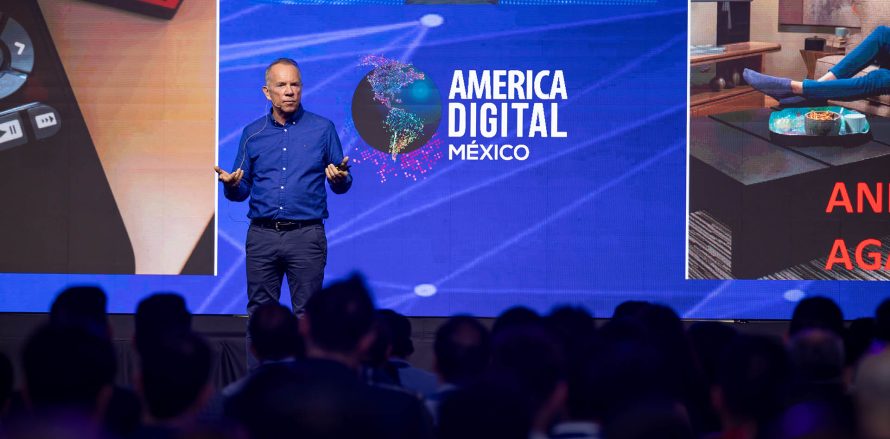Netflix transformation from a DVD rental service to a global entertainment powerhouse is a story of relentless innovation, strategic shifts, and cultural change. In this inspiring Keynote, Netflix co-founder and senior executive Mitch Lowe shared the company’s fascinating journey. His insights highlight the bold decisions and forward-thinking strategies that have made Netflix the streaming giant it is today.
The Early Days: A Different World
Back in 1997, the world was vastly different from today. «There were no smartphones, no smart TVs, and bandwidth was measured in kilobytes,» Lowe recalls. Netflix initial vision was far from what it became. Originally conceived as an entertainment gossip site, it quickly pivoted to DVD rentals. A serendipitous promotion selling a DVD of President Bill Clinton’s testimony garnered significant attention, despite an unexpected mix-up with adult content.
Key Innovations and Pivots
One of Netflix first major innovations was the introduction of a subscription model. «You pay us $20 a month, you get four movies, and you can keep them as long as you want,» Lowe explains. This model proved to be immensely popular, transforming Netflix into a leader in the home entertainment market.
The company’s focus on speed of delivery was another critical factor. An overheard comment in a focus group led to the realization that customers valued quick access to their movies. This insight drove Netflix to establish mini warehouses, ensuring 80% of the U.S. population could receive DVDs within a day.
Transition to Streaming
The shift to streaming was a monumental leap. «Doing streaming was going to totally cannibalize our profitable DVD subscription business,» Lowe admits. Despite the risks, Netflix was not afraid to innovate. The company developed a box to connect the internet to televisions, though it ultimately led to the creation of Roku when Netflix decided to focus entirely on streaming.
This willingness to cannibalize existing business for future growth was crucial. Lowe emphasizes, «Netflix was not afraid to look five and ten years out, knowing it would destroy their existing business in order to protect the future.»
Content Creation and Global Expansion
Netflix entry into content creation marked another significant pivot. Initially, their own studio, Red Envelope Entertainment, failed, but the company persisted. Today, Netflix invests billions in original content, making it a formidable player in the industry. «Content made in one area of the world has now become popular in a completely surprising other part of the world,» Lowe notes, highlighting the global appeal of shows like Mexican novellas in Korea.
Netflix innovative culture encourages all employees to contribute ideas. Lowe shares, «Some of the biggest and most important innovations at Netflix came from people who were running the front office or working in the warehouse.» This inclusive environment led to features like automatic episode playback and the «skip intro» button, which have become staples of the streaming experience.
The Future: Beyond Streaming
Netflix continues to innovate, exploring advertising-supported services and expanding into gaming. The company has introduced interactive content and is investing in sports and even theme parks. «Imagine in the future where you know goggles are more prevalent. You’ll be able to do your browsing by entering a TV show set, maybe even interacting with some of the stars,» Lowe envisions.
Netflix’s ability to adapt and innovate, driven by a forward-thinking culture, has kept it at the forefront of the entertainment industry. As Lowe concludes, «Always keep in mind that some small upstart company can come and take your business away. It’s easier today than it ever has been before.»
Mitch Lowe’s insights provide a valuable roadmap for any business aiming to stay ahead in a rapidly changing world. By fostering a culture of innovation and not fearing the destruction of current successes for future growth, companies can emulate Netflix’s extraordinary journey.



Deja un comentario